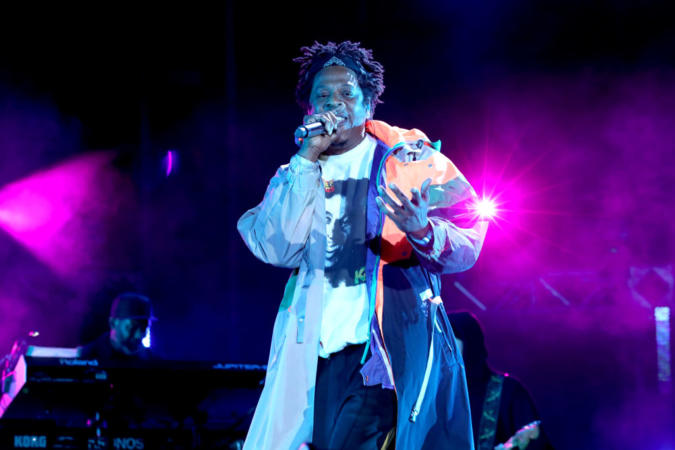Everyday people, as well as politicians and celebrities, have been victims of deepfake technology — including the music business.
Deepfake technology is often used to produce realistic audio and video using artificial intelligence along with other tools to make people appear to do and say things that they’ve never done.
For example, according to NPR, the technology was able to take audio of rapper Jay-Z’s voice and place it on a hit song from the 1600s.
“There are recognizable patterns in how we speak — the tone, the information, where we put the emphasis,” says UC Berkeley professor Hany Farid, according to NPR. “So there’s a way of capturing mathematically a person’s speech. And the machine-learning algorithms are simply learning that pattern of speech and then synthesizing.”
Back in April, Jay-Z made it clear that he is not here for this particular AI technology filing copyright takedown notices against the deepfake videos, reports High Snobiety.
Youtuber and developer who goes by the anonymous name, Vocal Synthesis, was issued a takedown notice from Roc Nation that reads: “This content unlawfully uses an AI to impersonate our client’s voice.”
Currently, the person responsible for the voice impersonations of Jay-Z is creating the videos by feeding Google’s open-source Tacotron 2 text-to-speech model to have the synthetic voice read pre-written text from the rapper’s music.
While the videos were initially removed by YouTube, they have since been reinstated. Not only does this raise questions of ethics and legalities in the music industry but also raises the question of at what point will AI qualify as copyright infringement.

